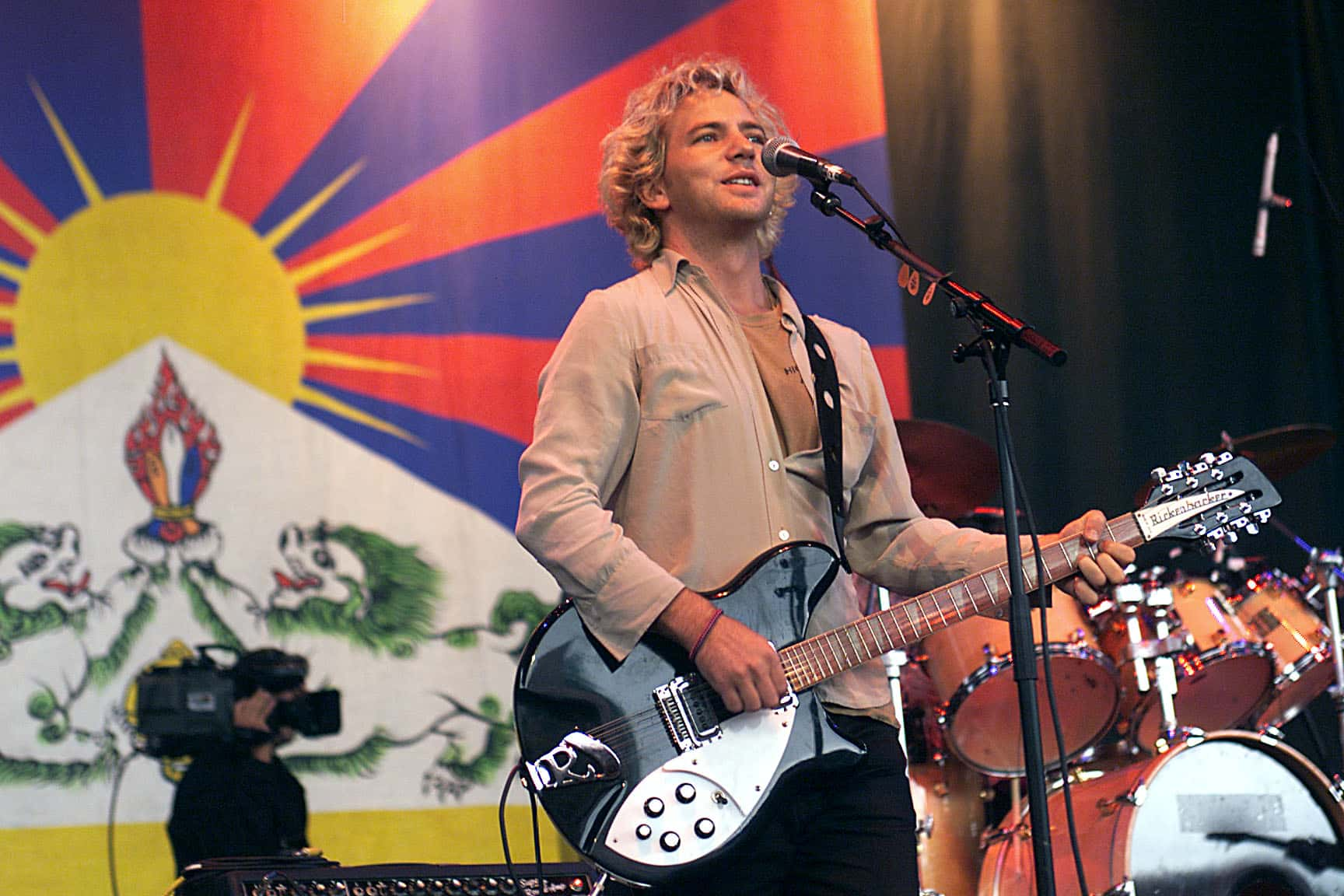How Beastie Boys started the Tibetan Freedom Concert and brought the issue to a whole new audience

When the Beastie Boys' founding member Adam Yauch passed away unexpectedly in 2012, many remembered the hip-hop artist's activism, especially his advocating for the Tibetan freedom movement. The Beastie Boys even began a series of concerts called the Tibetan Freedom Concert in 1996 to support the cause of Tibetan freedom from China.
Yauch and the Beastie Boys brought together various artists such as Red Hot Chili Peppers, Foo Fighters, Björk, Smashing Pumpkins, Cibo Matto, Rage Against the Machine, A Tribe Called Quest, U2, Dave Matthews Band, Alanis Morissette, Radiohead, among others for the concerts and raised collectively over a million dollars to support Tibet's freedom cause.
The first concert was held in 1996 in San Francisco and drew over 100,000 people and raised over $800,000 for Tibetan and social justice causes. Up until 2003, additional concerts were held in various cities and helped raise public awareness about the Tibetan plight, particularly among young people. This helped spur the growth of Students For a Free Tibet, a network consisting of students and activists working in solidarity with the Tibetan people for human rights and freedom.
The concerts were started with the Milarepa Fund which was initially created to disburse royalties to Tibetan monks sampled on the Beastie Boys 1994 album 'Ill Communication'. The Milarepa Fund's co-founders were Adam Yauch and social activist Erin Potts, then in her early twenties, whom Yauch had met on a trip to Nepal.

Yauch first became interested in the Tibetan freedom struggle when he went hiking in the Himalayas in 1992 and met and spoke with some Tibetan refugees. After the first Tibetan Freedom Concert in 1996, Yauch told Rolling Stone, "If everyone focuses simultaneously on this one issue, then Tibet will quickly become free."
He continued, "This can become a springboard for change all over the world and exemplify nonviolent struggle and using compassion to stop hatred." He also emphasized that the Free Tibet movement “is not pro-Tibetan, and it’s not anti-Chinese – it’s pro-justice.”
Yauch's movement was especially successful because of how concert-goers paid attention to those who came to speak about Tibet's freedom struggle in the middle of performances. Gregg W Perloff, president of Bill Graham Presents, which put on the shows told Rolling Stone, “Basically they said, ‘Yeah, we’re going to party all day long, but for a few moments, we’re going to give these guys a chance to tell us what this is all about.’ Here were people talking to 50,000 people a day for five, eight, 10 minutes!”
Today, Tibet still continues its struggle and amid China's rising prominence among global leaders and the Dalai Lama retreating from his political role as he ages, the issue has taken a bit of a backseat.
David Weigel at Slate wrote after Yauch's passing in 2012, "[The concerts] became punchlines, eventually, but they started as expressly political events intended to sign up new recruits to a human rights cause that the government (then the glorious Clinton-Gingrich cohabitation) didn’t want to touch." He continued, "This is activism that won’t really happen again. It was non-partisan; it was naive."
Critics have also said the concerts did little to further the Tibetan cause, but by associating some of the best rock acts of the 80s and 90s with the cause, Yauch and the Beastie Boys ensured that Tibet's struggle was heard and fought for by fans of a genre which was forgetting its activist history.










